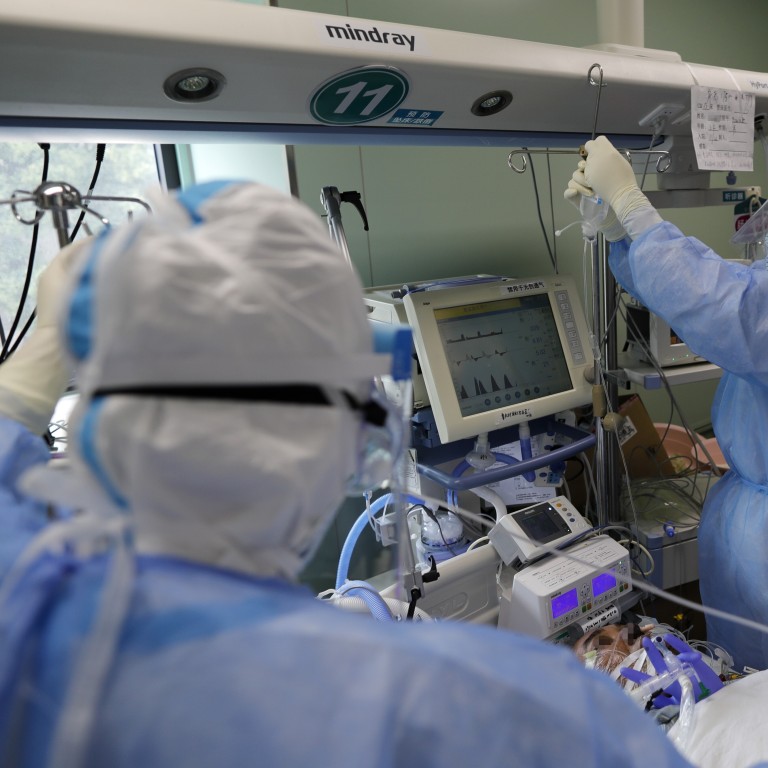
Coronavirus: how severe lung infections knock out a key immune defence
- Scientists say that a type of cell that kills harmful organisms can be paralysed, making patients more vulnerable to other diseases
- But there is a trigger for reviving the cells, raising implications for treatment, they say
Researchers from the University of Melbourne’s Peter Doherty Institute for Infection and Immunity and the University Hospital of Nantes found that macrophages – a type of cell that kills harmful organisms in the body – were temporarily “paralysed” after severe infection, making the patients more vulnerable to new bacterial or viral diseases.
They analysed blood samples from patients with severe infections and found that the macrophages had been switched off.
In a study published in the peer-reviewed scientific journal Nature Immunology on Monday, the researchers said they found these “immunological scars”in both mice and humans, according to a report by Agence France-Presse.
They also said they identified the trigger or “switch” for reanimating the macrophages and said it could restore them to their “full capacity”.
T cells found in healthy people before pandemic may help fight coronavirus, study says
According to the report, the research could have implications for the treatment of Covid-19 cases, since many deaths from the disease occur due to a cytokine storm, where the immune system overreacts and attacks healthy cells.
Cytokine storms have also been a factor in some deaths from severe acute respiratory syndrome (Sars), Middle East respiratory syndrome (Mers), and influenza.
Antoine Roquilly, from the University Hospital of Nantes, told AFP that a better understanding of the macrophages and other immune switches that temporarily shut down the body’s immune response “may prevent the storm from occurring and improve the survival of these patients”.
Coronavirus: warnings of second wave of infections as China fights ‘long-term war’
The team also said the findings might have implications for the treatment of hospital infections, especially with resistance growing to antibiotics.
“We believe an alternative approach is to recharge the immune system to take it out of its paralysed state, or to prevent paralysis in the first place, so that patients will be able to protect themselves against secondary infections without resorting to antibiotics,” Jose Villadangos from the Peter Doherty Institute was quoted as saying.
The coronavirus that causes Covid-19 has infected nearly 5 million people around the world, killing roughly 320,000.

